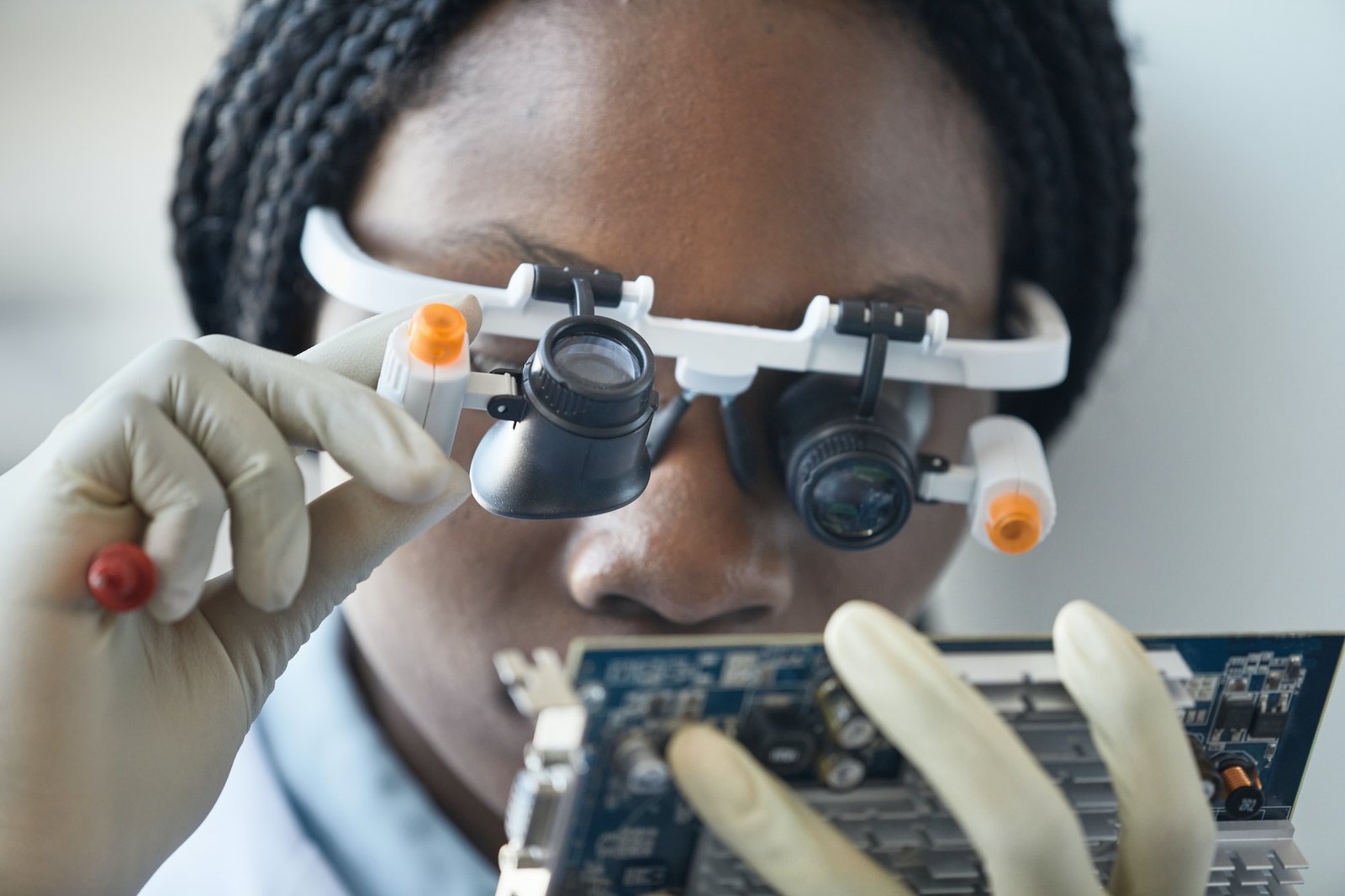As technology continues to advance, digital mental health treatment is becoming more common. However, the use of apps and other technology in psychiatric care raises concerns about patient privacy and data security. At the 2022 Mental Health Innovation Exchange (MHIE), medical professionals discussed the challenges of using technology in mental health treatment while also protecting patient privacy.
Ipsit Vahia, M.D., a psychiatrist at McLean Hospital and Harvard Medical School, emphasized the importance of educating patients about how their data may be used or sold by app developers. John Torous, M.D., M.B.I., director of digital psychiatry at Beth Israel Deaconess Medical Center and chair of the American Psychiatric Association’s Committee on Mental Health Information Technology, and Olu Ajilore, M.D., Ph.D., a professor of psychiatry at the University of Illinois at Chicago, also spoke at the MHIE about the need to protect patient privacy while embracing technological advancement.
One solution being developed is technology that uses radio waves to track movements in a room without the need for constant video monitoring. This technology was tested at an assisted-living facility, where researchers used it to track metrics such as sleep patterns, gait speed, and heart rate without collecting sensitive personal information. This technology has the potential to provide precise, individual-level data that can guide decision-making and create personalized interventions.

Discover The World's MOST COMPREHENSIVE Mental Health Assessment Platform
Efficiently assess your patients for 80+ possible conditions with a single dynamic, intuitive mental health assessment. As low as $12 per patient per year.
To ensure the quality of mental health apps, organizations such as the Society of Digital Psychiatry and the American Psychiatric Association have developed screening and standardization processes. For example, mindapps.org, created by the APA and The Argus Foundation, evaluates data from 700 different mental health apps. While these efforts are a good start, more work needs to be done to establish clear standards and regulations for the use of technology in mental health treatment.
Mental Health Assessment
In addition to the ethical concerns surrounding the use of technology in mental health treatment, it is also important to consider the effectiveness of these tools. Mental health assessments, or evaluations of an individual’s mental health status, are a crucial part of psychiatric care. Traditional mental health assessments often involve in-person meetings with a mental health professional, during which the patient’s symptoms, medical history, and other relevant information are collected and used to make a diagnosis and develop a treatment plan.
However, with the rise of digital mental health treatment, there is the potential for mental health assessments to be conducted remotely, using technology such as teletherapy or online questionnaires. While these methods can be convenient and may be useful for certain populations, it is important to consider their limitations. For example, online questionnaires may not be able to capture the full complexity of a person’s mental health, and teletherapy may not be as effective as in-person therapy for certain types of treatment.
It is essential that mental health assessments, whether conducted in person or remotely, are conducted by trained and qualified professionals. The use of technology in mental health treatment should not replace traditional methods of assessment, but rather augment them in order to provide the best possible care for patients.

